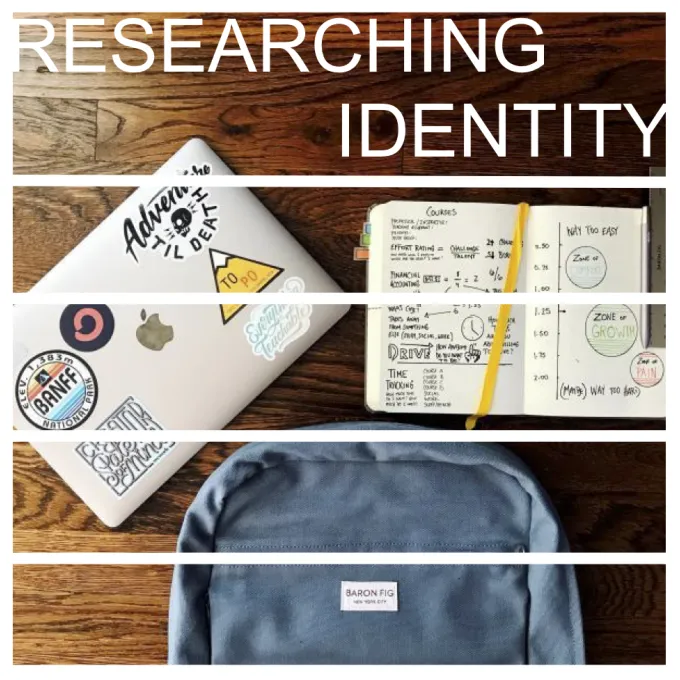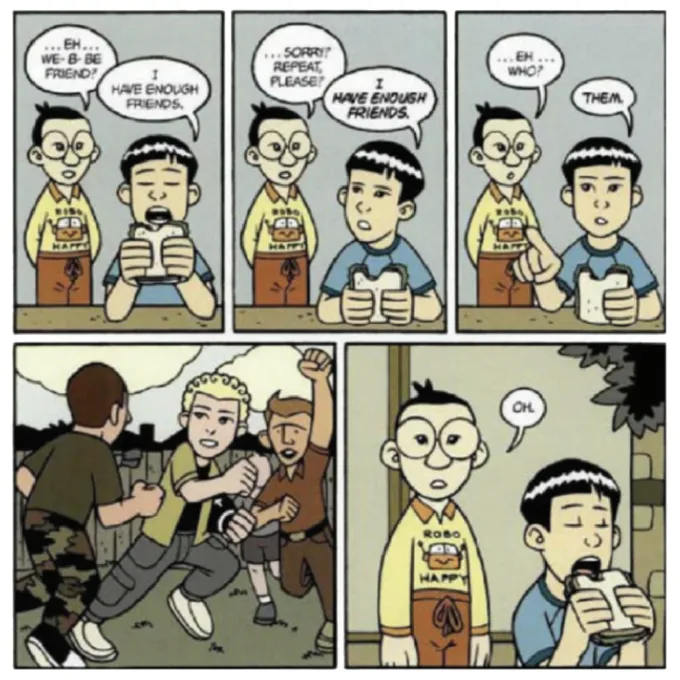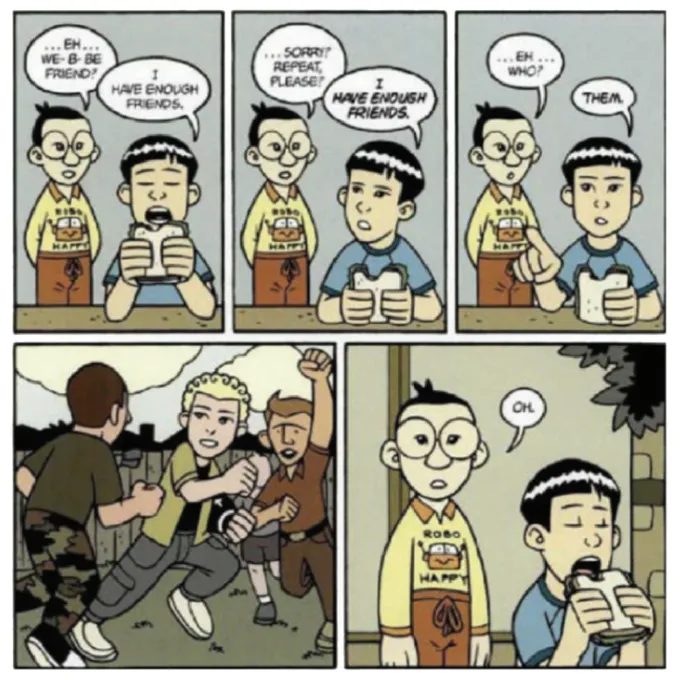Theme Overview
What defines who we are and who we may become? How do class, gender, race, sexuality, and other social forces shape our identities? In what ways are our identities inherent or constructed, claimed or ascribed? In this course, we explore these and similar questions through the work of creative and critical writers, artists, and thinkers. We study key concepts such as double consciousness, intersectionality, and performativity, as well as cultural and historical contexts that influence our understanding of self and community. We consider how social dynamics, power, and privilege affect the language we use and the lives we live. All along, through writing and research assignments and class discussions, we examine and interpret visual, literary, and critical texts in an effort to explore, together, what identity is and why it matters.

"The trust and ingenuity of students sustain me: how they come to my class enthusiastic about learning new ways to approach writing; how they hone their skills, refine their styles and essentially reinvent their voices; and how they do all of this in such unique and refreshing ways. What I enjoy most about teaching Writing Identity is, when it all comes down to it, how much I learn from my students." --Deanna Benjamin, Teaching Professor in College Writing
Key Questions that Students May Grapple with in the Course:
- What defines us?
- How do class, gender, race, sexuality, and other social factors shape who we are?
Sample Course Topics:
- Intersectionality
- Queer Theory
- Disability Studies
- Performativity
- Double Consciousness
- Identity
- Privilege
Examples of Research Projects Pursued by Students in this Theme:
- "Asian American Antagonists: The Model Minority Myth in Jordan Peele's Films"
- "BI-N-G-O! The Role of In-Group Stereotypes in Bisexual Communities"
- " 'Bring a Bucket and a Mop': Subverting Cultural Expectations to Celebrate Women's Embodied Power in Cardi B and Megan Thee Stallion's 'WAP' "
- " 'A Civil Rights Law of Our Own': Intersectionality and the Disability-Race Analogy in the Trailer for the Documentary Crip Camp"
- " 'I am Taiwanese!': A Silent City for Taiwanese Identity in Hou Hsiao-Hsien's A City of Sadness"
- "Identity Insecurity as Observed in Eugene O'Neill: Examining America's Most Tragic Playwright in the Sociological Lens"
Scroll down for additional examples of writing from students in this theme.


























